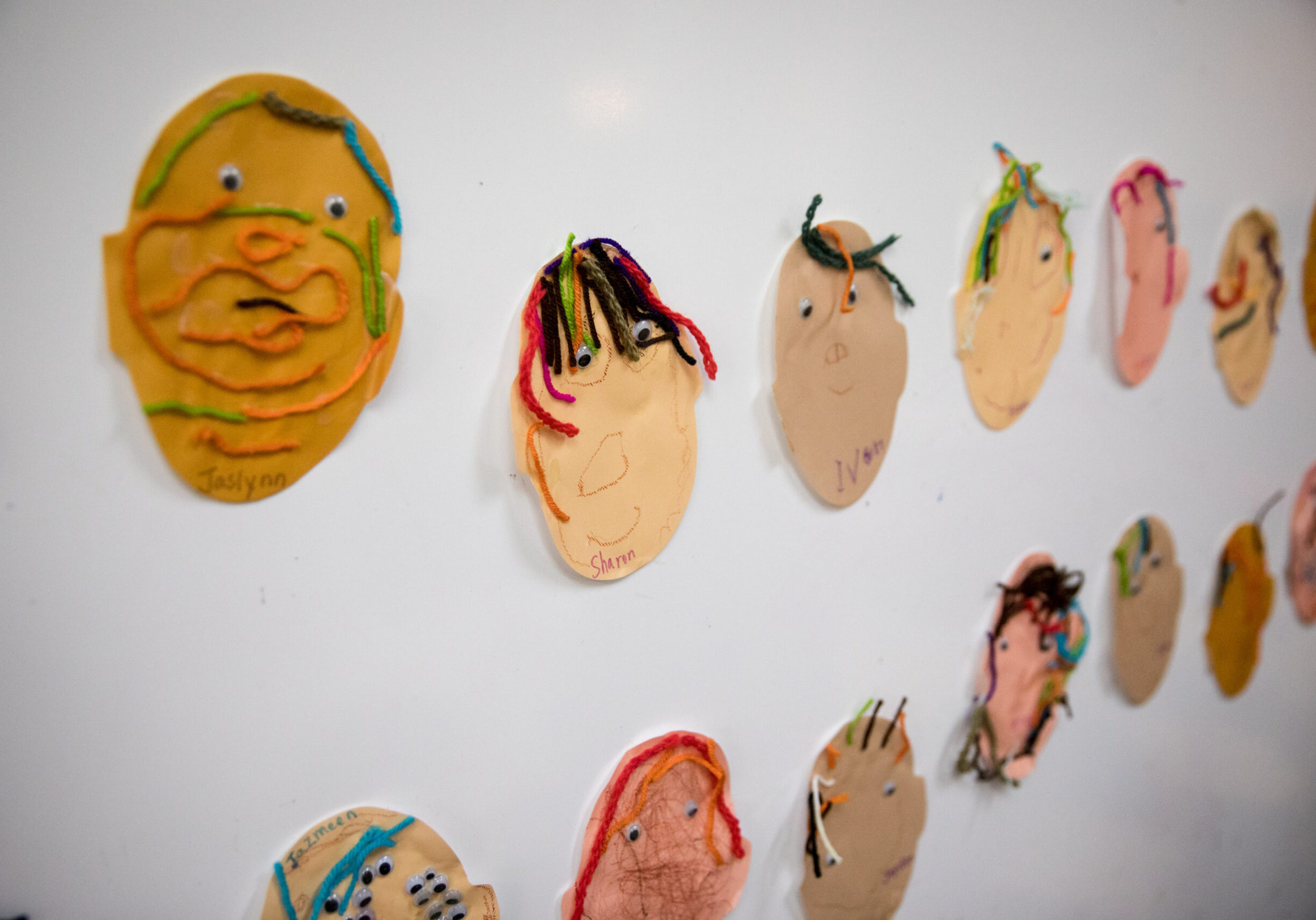Head Start State and Regional Impact Report
September 2022
For the past three years, NHSA has been working harder than ever to support, unite, and uplift the incredible work of State Head Start Associations, Regional Head Start Associations, State Head Start Collaboration Offices, and other national Head Start associations. These 119 entities—who are partners and members of NHSA—are on the front-lines of building strong and resilient Head Start communities.
In the last two years, the Head Start community has been buffeted by change. From a global pandemic, to racial and social unrest, and now historic inflation and a shifting tide in the U.S. workforce. In the face of this kind of social, economic and global change, the community has responded by recommitting to the promise of Head Start.
Undoubtedly, our network’s voice is strong and we know our voice is strongest together. NHSA was proud to steward many notable team successes that positively impacted the national ECE landscape, including:
- Easing the enrollment burden on eligible families through Head Start-SNAP alignment. All 50 state associations, D.C., and all 12 regional associations signed a letter to the Secretary of Health and Human Services requesting the Administration use existing authority to enable enrollment in the Supplemental Nutrition Assistance Program (SNAP) to count toward eligibility for Head Start. After robust advocacy, the Administration made this important change to simplify access. Within two months of the change, over 30 state associations participated in implementation planning with NHSA partner’s the Food Research and Action Center. Associations are currently working to develop supportive memorandums of understanding with state SNAP agencies and sharing NHSA’s SNAP Eligibility Implementation Toolkit.
- Urging Congress to start with Head Start in universal pre-K legislation. A new Administration brought with it an ambitious new vision to expand early childhood education. To influence the debate, NHSA convened over 500 stakeholders on a webinar to hear from three distinguished researchers about the importance of centering the Head Start model. Post-webinar, through 40 state association survey responses and multiple conversations with state leaders, ideal provisions that already worked in states were developed for Congress’ consideration. A coalition letter from 14 leading equity-focused partners, including the National Black Child Development Institute and UnidosUs, was issued. The House-passed version of the bill included most of NHSA recommendations. While the recent reconciliation vote was a missed opportunity to invest in early care and education, NHSA and allies will continue to fight for investments to reach universal pre-K.
- Raising the profile of Early Head Start in states. Only 1 in 10 income-eligible infants and toddlers are able to access Early Head Start. In partnership with NHSA’s Early Head Start Rising initiative, state Head Start associations in Hawaii, Maryland, New Jersey, and New York released policy agendas to support expansion of the Early Head Start model in their states to meet unmet need for high-quality infant and toddler care. The policy agendas were aided by a fall NHSA issue brief, “Helping States Meet Their Goals for Pregnant Women, Infants, Toddlers and Families through Early Head Start.” Earlier in the year two other state Head Start associations–Georgia and Pennsylvania–released detailed data dashboards to highlight the range of services in their state.
- State Captains bring Head Start to the Hill. Across our Fall and Winter Leadership Institutes in Washington, D.C., NHSA worked with 58 state captains from among state and regional association leadership to organize 192 meetings with members of Congress or their staff. These meetings brought the voices of Head Start to key decision makers on Capitol Hill in force, highlighting the services and outcomes that programs delivered during the pandemic while emphasizing the need for expanded workforce funding, access to Early Head Start, and modernized eligibility.
Senate Urges HHS to include SNAP, WIC in Head Start eligibility definition
Sen. Hassan and six of her Senate colleagues sent a letter urging HHS to include SNAP and WIC in Head Start eligibility definition.
Policy Brief: Start with Head Start
Expanding Head Start’s model must be the top policy priority of any expansion of universal pre-kindergarten.
Early Head Start Rising
Millions of infants and toddlers who qualify for Early Head Start cannot access it due to limited resources and a lack of awareness. They are counting on us to act. We hope you will join us to help Early Head Start rise in communities all across this nation.
Fall Leadership Institute
NHSA’s Fall Leadership Institute is a four-day deep dive into the policy and advocacy issues that will impact Head Start for years to come. The Institute will take place September 28 – October 1, 2026, in Washington D.C.
Today, NHSA is working with Head Start leaders in states and regions in a process of renewal, shaped by a sharpened focus on addressing a critical workforce shortage and supporting staff as well five other priorities, all grounded in a centering focus on doing what is best for the children and families of Head Start to help them thrive. In the past year, the Head Start State and Regional Network have made critical contributions in the six focused areas—brave and bold leadership; supported staff; engaged and supported parents; strong state and local partnerships; equity in action; and innovation. This report serves as the highlight reel of all their important work.
Many challenges persist that will require this community’s collective focus and attention—most especially the work that lies ahead to address the urgent workforce crisis and help programs achieve full enrollment post-pandemic. We hope you will join us and this incredible network in the year ahead to improve outcomes and opportunities for young children and their families.
Keeping the Commitment,
Yasmina Vinci
Executive Director
National Head Start Association






